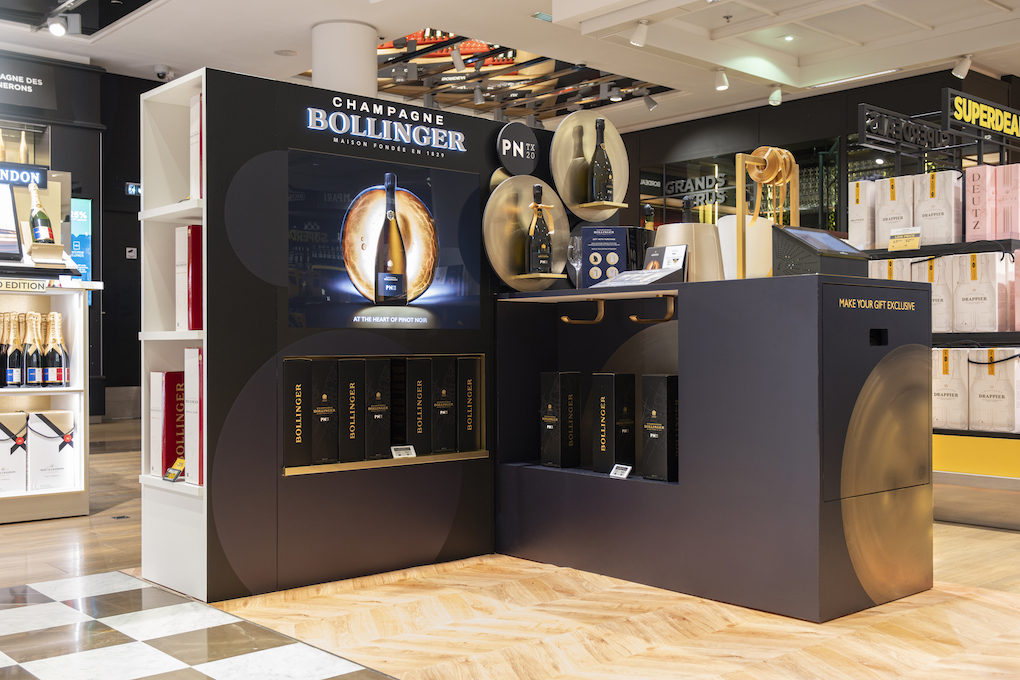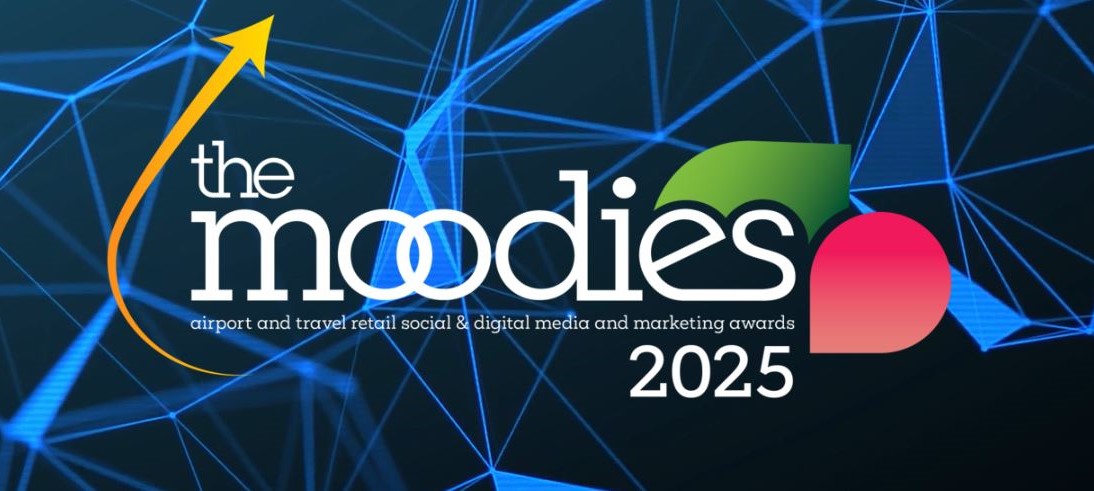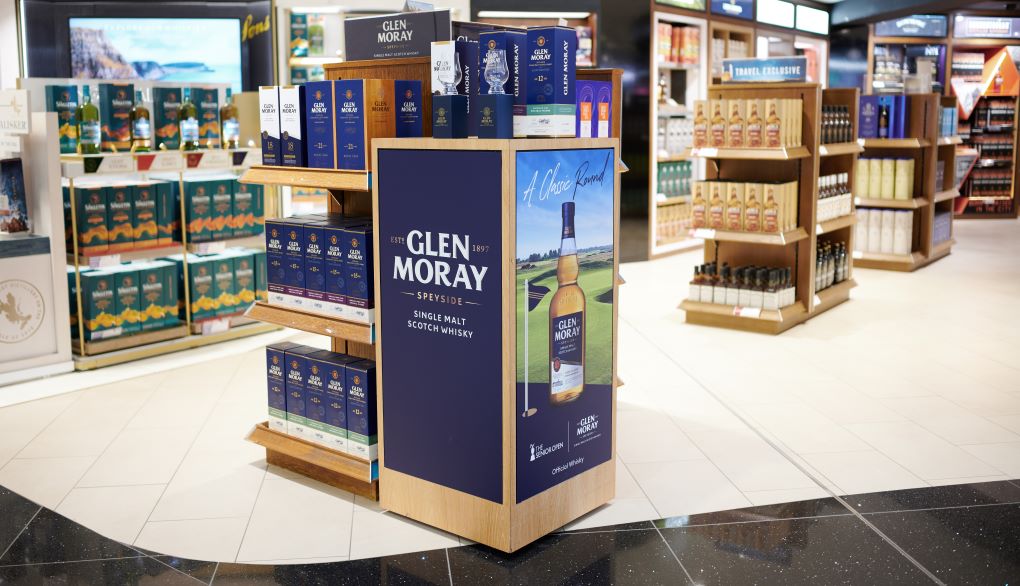SPAIN/ITALY. Altadis and Autogrill, the unlikely combination that is set to triumph in the dramatic takeover contest for Aldeasa that has raged for the past three month, insists that the proposed acquisition is a good one, despite a significantly raised price.
As revealed by The Moodie Report on Monday, Dufry declined to modify its earlier bid of €31 a share – though pertinently it left its earlier offer on the table. That changed yesterday when the Advent International-led retailer, as expected, withdrew formally from the race.
Dufry’s position left the field clear for the Autogrill/Altadis partnership, Retail Airport Finance, which on Monday in the final sealed bid stage of the contest offered an improved €36.57 per share, topping its own earlier offer of €33 a share. That values Aldeasa at €769.97 million – just over US$1 billion. Autogrill is controlled by Italy’s Benetton family. Its offer has been approved to proceed by both the Spanish stock market regulator, the CNMV, and – from this morning – the European Commission.
Altadis said: “Autogrill and Altadis are convinced of the attractiveness of the offer for the current shareholders of Aldeasa and of the benefits of the partnership for Aldeasa’s future growth. Autogrill and Altadis are very pleased to have the opportunity of working together on this new partnership, convinced that it will strengthen Aldeasa’s retailing capabilities and will generate a significant growth for the company within the Spanish and international markets, benefiting as well all its employees.”
The offer has been made through Retail Airport Finance, a newly-created wholly-owned subsidiary of Autogrill España. In turn the final offer is framed under an earlier agreement reached by Autogrill and Altadis to act in concert as 50% shareholders of Retail Airport Finance (as announced on 28 January 28).
Comment: A very strong Italian influence now pervades the global travel retail industry. As the Benetton-led Autogrill moves to consolidate its position in travel-related consumer services, the Stefanel and GECOS/Gruppo PAM co-owned The Nuance Group is seeking to consolidate its market position – and profitability – as the world’s largest airport retailer.
Autogrill, owner of HMSHost and Anton Airfood, is no stranger to either the airport or the concession business. It has targeted European airports as a strategic growth priority and will now be seeking to drive its twin pillars of food & beverage and retail to achieve that end.
It has paid a heavy price however, especially considering the uncertainty over the structure and future of Aldeasa’s Spanish airport contracts, which apart from Madrid Barajas (2012) expire in 2006. Manuel Azuaga, Chairman of airport authority AENA, confirmed to the Spanish parliament last week that the organization plans to put the operations out to open tender. Speaking to The Moodie Report on Tuesday, Dufry CEO Julian Diaz, himself a former Aldeasa executive and surrounded by several others, wasted no time in saying that the company would now target those concession opportunities.
As The Moodie Report has pointed out throughout the takeover saga, valuing contract-driven companies is a notoriously difficult – and risky – science. If those contracts that form the attraction of the company in the first place are lost – or as in Nuance’s case (sometimes) turn sour, then the deal can look very different in retrospect.
Having upped the ante – when, admittedly with the advantage of hindsight, it didn’t need to – Autogrill and Altadis must make the acquisition (if agreed by Aldeasa) pay. It will undoubtedly seek to cut overheads (as one source described it, “a simple task and very profitable”). The profits-linked contracts with AENA were a disincentive for tight financial management – with a move to sales-linked concessions that is all set to change.
And Dufry? The Swiss retailer and Advent wanted Aldeasa badly. But ultimately, as Diaz noted, the deal simply became too high risk to proceed with. AENA’s initial comments early on in the saga that it intended to switch to a sales-related rather than profit-related rent formula will have made private equity group Advent nervous – but it decided to proceed anyway at €31 a share. But once the near certainty of open tenders became public, that nervousness turned into a complete re-evaluation of the deal.
Notes one well-placed observer: “The AENA statements had to hurt Advent/Dufry. They would have been seeking a lot of bank debt and their bankers probably were the ones to say no. Usually it’s the fund, or the banks, which put on the brakes.”
Why did Dufry even leave its original offer on the table? Partly in case something went wrong with the rival’s bid (or it withdrew), partly to drive up the price, and partly as a statement that said: “This is what this company is worth, no more”.
The same source points out that in a takeover “shoot-out” between a private equity player (for that is what Dufry, as an Advent-led company, is) and a private industry player, the latter will almost always win, simply because it does not have to satisfy the strict demands of the financial community.
An auction in which the bid item is being devalued just as its asking price is rising – that was how Advent, and most certainly its bankers, would have seen the events of the past few weeks.
If the bankers consequently declined to lend more money against a higher price then, notes the source: “Advent could have offered more equity (cash) to support the higher offer price, but that would mean that any eventual exit price would have to be proportionately higher to get the same return on equity percent. It’s all mathematics.”
Indeed it is. And one party now has to make its sums work. The other has to decide what to do with a war chest that remains intact.
Dufry may be down but it is not out. It is now evaluating all its options. The Advent-led consortium that acquired Dufry in early 2004 did not do so with the aim of sitting still and quietly creating organic growth. The Advent formula is to buy companies, develop them fast and sell or float them.
Dufry needs mass. An IPO down the line will be a lot easier if the company is bigger, more profitable – and has fewer competitors. Expect it to bid hard to win tenders, perhaps seek alliances, and certainly eye targets. A new game is just starting.




